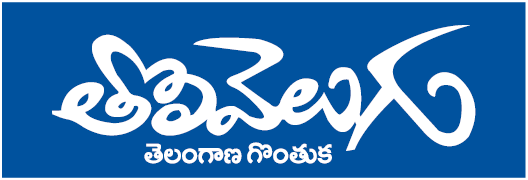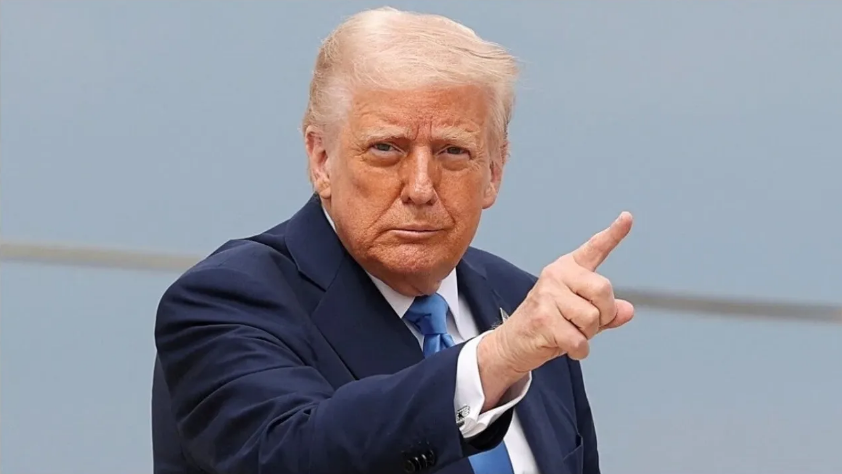Washington/New Delhi: The ongoing Russia-Ukraine war has entered its fourth year, with Russian President Vladimir Putin showing no signs of ending hostilities. U.S. President Donald Trump, who had promised during his election campaign to halt the conflict, attempted multiple diplomatic efforts after assuming office on January 20, including phone calls, meetings, and a recent Alaska summit with Putin. Despite these efforts, the war continues unresolved.
In an attempt to pressure Russia, the Trump administration imposed tariffs on countries trading with Moscow, including India and China, citing their import of Russian oil as indirectly supporting the conflict. The U.S. applied an initial 25% tariff broadly and later added further duties on India and China. However, both nations largely ignored the sanctions, continuing trade with Russia and strengthening bilateral ties, while also increasing commerce with other countries to offset the impact of U.S. tariffs.
As a further measure, the Trump administration raised H-1B visa fees, targeting India and China, which account for the majority of applicants. Around 80,000 Indians travel annually on H-1B visas, followed by Chinese nationals. Analysts say the fee hike aims to reduce the influx of foreign workers to the U.S., creating challenges for employees and companies. India has responded calmly, with Prime Minister Narendra Modi urging citizens to focus on national development and the Ministry of External Affairs assuring that solutions will be found soon. Nonetheless, the fee increase has raised concerns over future prospects for affected professionals.






